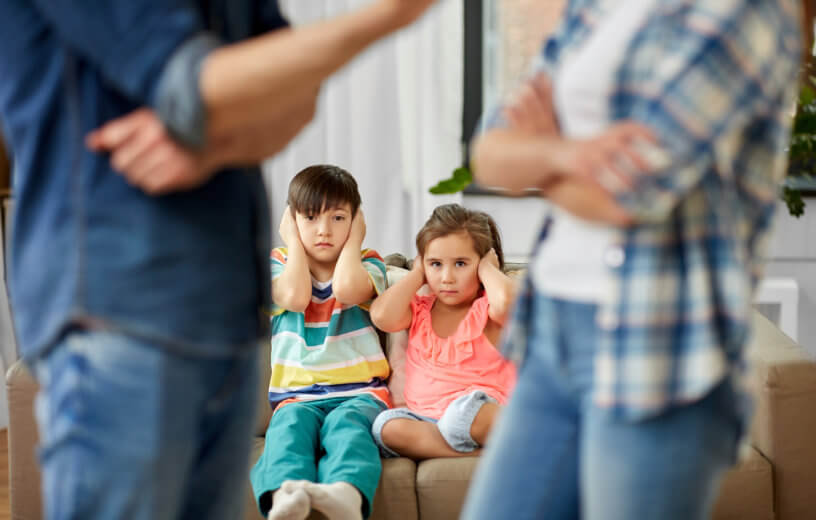NASHVILLE, Tenn. — It’s no secret that the people and world around a child shapes who they grow up to be. In an era where social and racial tensions seem to be at historic highs, discriminatory attitudes can influence children too. A new study finds overhearing just one bigoted comment — even briefly from a stranger — can have a lasting impact on a youngster’s view of others.
Researchers from Vanderbilt University find young children who hear negative claims about a group of people become less willing to be friends with someone from that group. These kids are also likely to view these particular individuals as “less good.”
Study authors say parents should be wary of comments made around their children, by friends, family, or strangers. They also urge adults to be mindful of television shows and films they watch while kids are in the room.
Bigotry can make children pull away from other cultures
The team recruited 121 children from different racial backgrounds during their experiment. These children listened to a researcher receiving a Skype call, mentioning either of two invented groups, the “Flurps” or “Gearoos.”
In some instances, the caller briefly made a comment such as “The Flurps are bad people. They eat disgusting food and they wear such weird clothes.”
Study authors then measured children’s attitudes about these groups immediately after the call. A different member of the team measured each child’s attitudes again two weeks later. At the conclusion of the study, researchers revealed to the children that the “Gearoos” and “Flurps” were not real people. However, they added that if they were real, “they would probably be very nice people.”
Older children, between seven and nine years-old, who overheard negative messages were more likely to distance themselves from these groups. They were also less willing to be friends with someone from that group, rated them as being less good, and were more reluctant to embrace elements of that group’s culture in comparison to children who did not hear any bigoted remarks.
Younger children are less affected by negative remarks
The study finds these effects lasted for at least two weeks after children heard the negative comments. The messages had little to no effect on younger children, between ages four and five. The team suggests this may indicate younger children find this type of social information less interesting or relevant.
Other factors like the age of the caller and whether they were a child or an adult also had little impact on the children’s attitudes.
“Findings from our work suggest that overhearing a negative conversation about an unfamiliar social group may influence intergroup biases among older children,” lead author Emily Conder says in a media release.
“Caregivers should consider what is said around children and regulate the media they consume, as what children overhear about groups of people can influence their attitudes and behaviors.”
The findings appear in the journal Child Development.
SWNS writer Joe Morgan contributed to this report.
